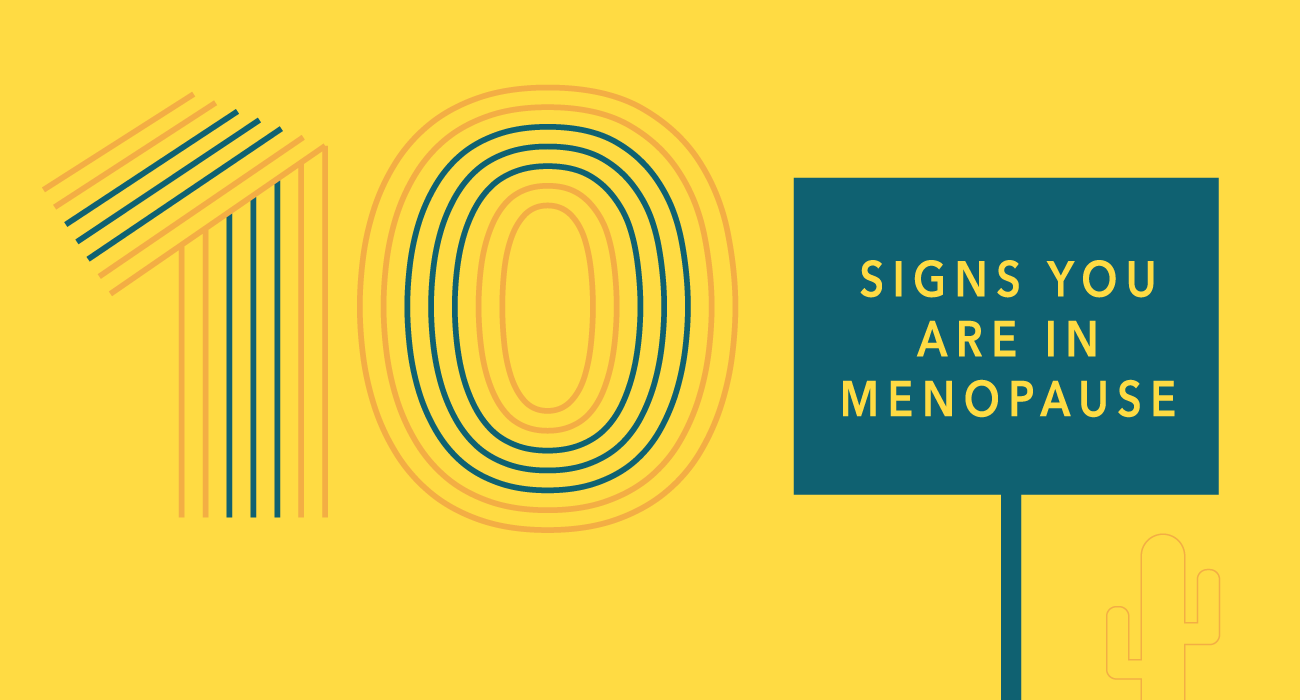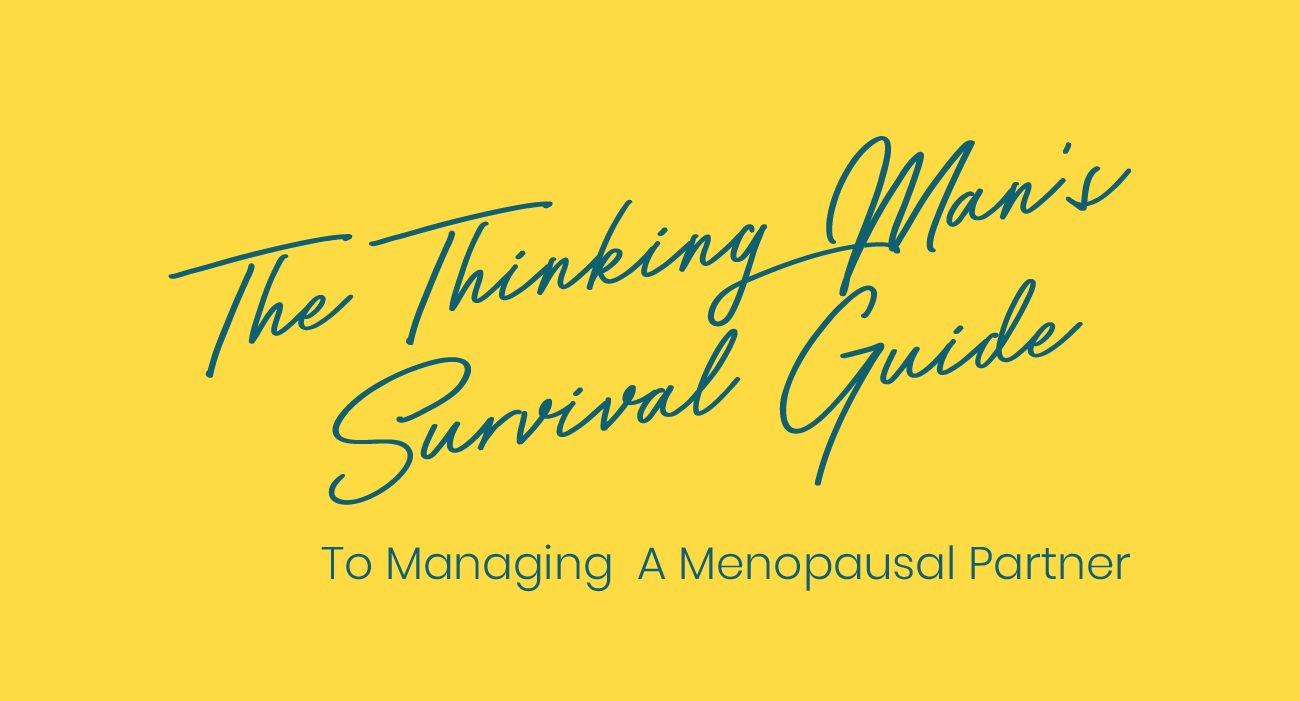
10 signs you are in menopause
The word ‘menopause’ has spent years in the shadows, heavily weighed down by stigma’s, taboos and negative connotation. The consequence of this is that far too many women are left to struggle alone without knowing that the symptoms they are experiencing may be linked to menopause. Some women also find themselves trapped in a cycle of misdiagnosis, frustration and stress, which can add to the severity of their symptoms experienced.
One of the most common misconceptions is that menopause starts when your period stops. What most women don’t know is that the time leading up to menopause – perimenopause – can start up to 10 years before full menopause (clinically defined as when you have not had a period for 12 months).
The average age women begin experiencing perimenopause is in their early 40s, entering menopause in their 50s. For some women, the journey already begins in their late-30s. In Dalilah’s Benchmark Menopause Research, South African women reported very different entry points to perimenopause. For African Black women, up to 20% said they started experiencing symptoms before the age of 40 years which is in contrast to white women where two thirds noticed menopause related symptoms only after 45 years. This is line with global findings.
Menopause can be a 10-to-15-year transition for some, which is why it is important to know what to expect at every stage; and how to find the right support for your needs.
Its important to acknowledge that each menopause journey is different. There is value in sharing stories and solutions with other women in menopause, as long as you understand that what works for one woman may not be right for you. Your doctor should always be kept up to date with the symptoms you are experiencing, ruling out any other potential causes and helping you to make informed decisions. Managing some of the undesirable symptoms of menopause is only possible once we understand what the symptoms are.
Raising awareness and sharing knowledge about menopause, as well as the symptoms that come with it; is vital as it means that more women will be empowered to transition positively and with the support they deserve.
Though there are at least 34 symptoms of menopause, here are the top 10 signs you are entering the perimenopause stage leading up to menopause:
- Mood changes, including irritability and anxiety
- Erratic periods or changes in flow
- Hot flushes (US: hot flash) or chills and night sweats
- Problems sleeping
- Weight gain and slowed metabolism
- Thinning hair and dry skin
- Cognitive changes, such as ‘brain fog’ and memory problems
- Breast pain and loss of breast fullness
- Pain during sex, vaginal dryness or itching and reduced sex drive
- Headaches





